Pitzer College has welcomed exceptional new faculty members since the 2020–21 academic year. As the College embarks on the 2022–23 academic year, we wanted to offer a brief overview of the tenure-track professors who have joined our community.
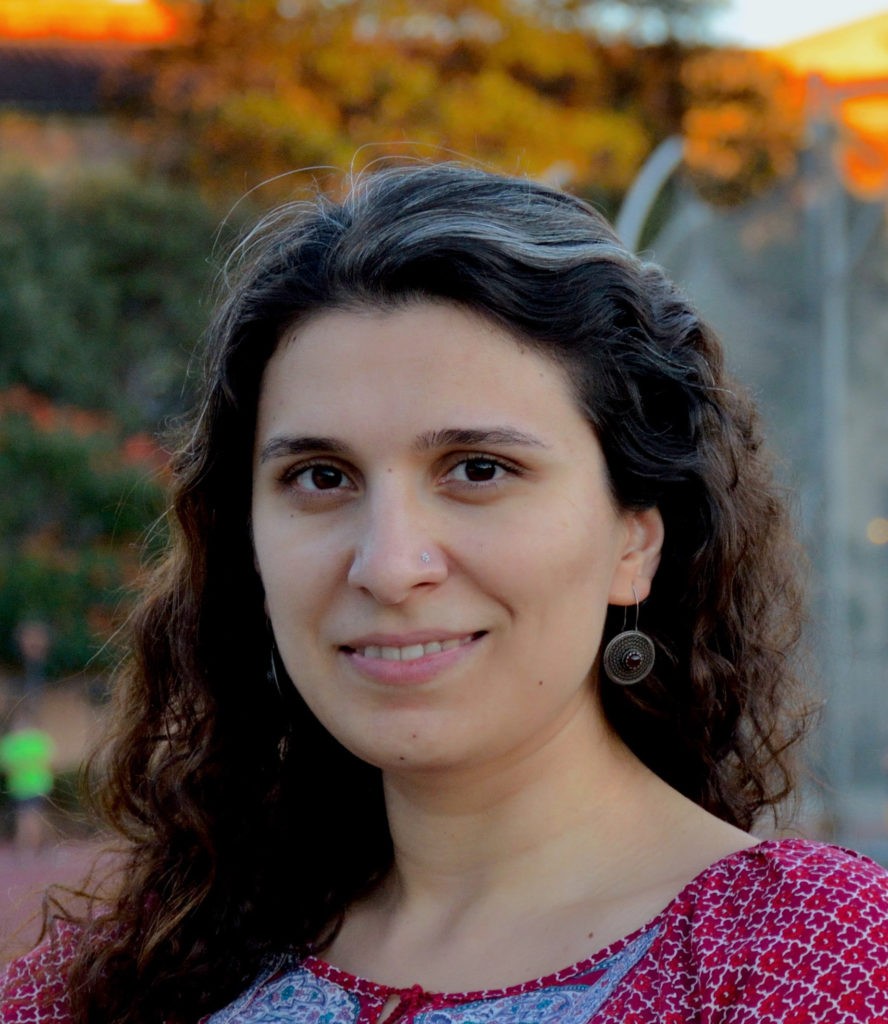
Bahar Acu, Assistant Professor of Mathematics
With Pitzer since 2022
Prior to joining The Claremont Colleges, Bahar Acu held positions at University of California, Los Angeles, Northwestern University, ETH Zürich, and the Institute for Advanced Study in Princeton. Acu’s primary research interests are in the field of geometric topology, specifically contact and symplectic topology in high dimensions and their relations with low-dimensional topology. Acu has led the efforts to organize the first Research Collaboration Conference for Women and Nonbinary in Symplectic and Contact Geometry and Topology and co-edited the peer-reviewed proceedings volume of this conference. In addition to academic research, Acu has supervised several K-12, undergraduate, and graduate-level research projects and actively thinks about ways in which the math community at large can improve and promote the presence and visibility of more first-generation, women, queer, and many other historically underrepresented individuals in mathematics through mentoring and math events. Professor Acu’s honors include USC’s Blum Research Prize, Harris Teaching Prize, Award for Excellence in Teaching the Category of Mathematics, Oberwolfach’s Leibniz Fellowship, and, most recently, MAA Project NeXT Fellowship. Acu earned a PhD and MS in mathematics from the University of Southern California (USC) and a BS and MS in mathematics from Middle East Technical University.

Gautam Agarwal, Assistant Professor of Neuroscience
With Pitzer since 2021
Originally focused on experimental neuroscience, Gautam Agarwal switched to computational neuroscience to explore how we can use the formal language of math and aspects of machine learning to gain deeper insight into how the brain works. He completed his postdoctoral work at the Redwood Center for Theoretical Neuroscience at the University of California, Berkeley, and the Champalimaud Centre for the Unknown in Lisbon, where he developed a game to study the structure of insight-driven problem solving and its diversity across human populations. Agarwal also seeks to interface neuroscience with other practices (such as medicine, psychology, meditation, dance, and media studies) to improve our quality of life both individually and collectively. His article, “Spatial maps in piriform cortex during olfactory navigation,” in the scientific journal Nature shed new light on an under-explored region of the brain and its role in odor-guided navigation. Agarwal earned a BS in molecular biology and computer science at the University of Texas at Austin and a PhD in neuroscience at the University of California, Berkeley.
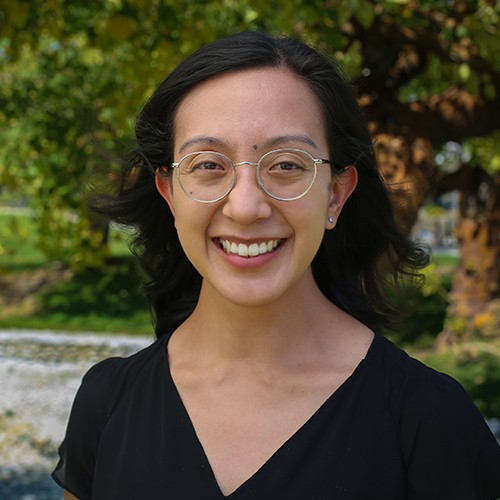
Denise Ambriz, Assistant Professor of Sociology
With Pitzer since 2022
Denise Ambriz’s research and teaching interests lie in the areas of sociology of education, immigration, and Latino/a/x sociology. Her current research investigates how the achievement outcomes and educational experiences of Latinx children vary by immigrant destination and educational context. In her co-authored research, Ambriz uses survey experiments to examine attitudes toward immigrants and racial and ethnic minorities in the US. Her recent article, “Assessing the Oppositional Culture Explanation for Mexican Students,” was published in Social Science Research. Ambriz received her BA in sociology and Spanish from the University of San Diego, and MA and PhD in sociology from Indiana University.
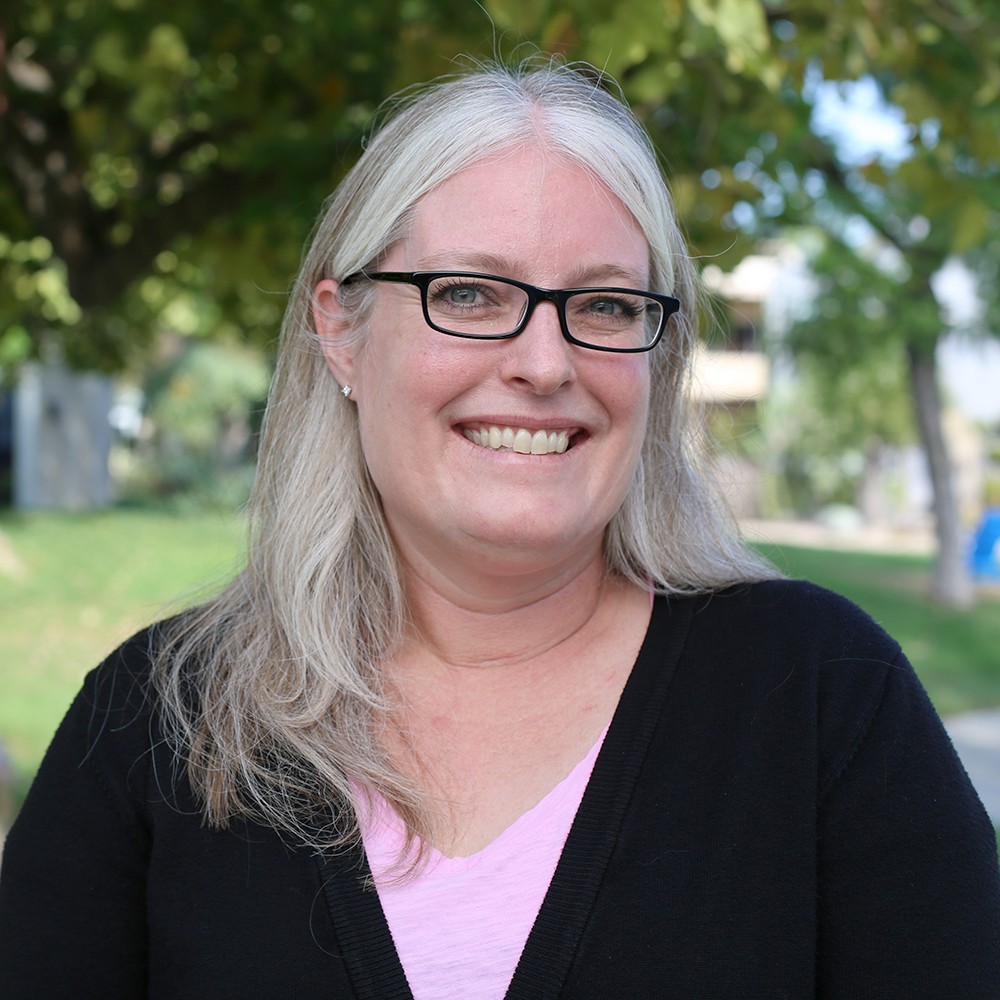
Bethany G. Caulkins, Assistant Professor of Chemistry
With Pitzer since 2018
Before joining Pitzer as a tenure-track faculty member in 2021, Bethany G. Caulkins spent three years here in the role of visiting assistant professor. Prior to her time at The Claremont Colleges, Caulkins lectured at the University of California, Riverside (UCR) and was a postdoctoral researcher at USC. Caulkins has studied the structural foundations of Huntington’s Disease caused by mutations in the poly-glutamine region of the exon 1 portion of the huntingtin protein. She has also researched how to express and purify tryptophan synthase, a pyridoxal-5’-phosphate-dependent enzyme, with different isotopic labeling schemes to collect detailed structural information at atomic resolution using NMR. The Caulkins Lab researches the structure of biomolecules using both solution and solid-state NMR. Caulkins is a member of the American Chemical Society and American Association for the Advancement of Science (AAAS). Caulkins has received many honors, including the AAAS Robert I. Laurus Award and UCR’s Distinguished Teaching Award. In her spare time, she has shared her expertise and passion with K-12 students as a science fair judge and through science outreach programs. Caulkins earned a BS from Cal State University, San Bernardino, and a PhD from University of California, Riverside.
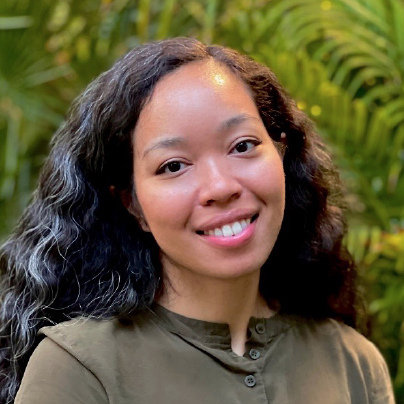
Sandra Watson, Assistant Professor of Neuroscience
With Pitzer since 2022
Sandra Watson’s research explores the cellular and molecular mechanisms involved in neuronal homeostasis and how disruptions in these pathways contribute to psychiatric and neurodegenerative disorders. Currently, she focuses on how the brain maintains appropriate levels of dopamine, a neurotransmitter linked to addiction, depression, schizophrenia, and Parkinson’s disease. She received her degree in cell and molecular biology at The Rockefeller University in New York City, where she studied the importance of protein breakdown by the proteasome. From there, she went on to investigate mechanisms of dopamine release with the support of a postdoctoral schizophrenia fellowship in the Department of Psychiatry at Columbia University. Her research utilizes fruit flies and has contributed to our understanding of how protein breakdown is necessary for maintaining neuronal function and how the psychostimulant amphetamine acts on dopamine to alter sleep behavior. She seeks to integrate her research with disciplines such as art and history to improve our understanding and treatment of mental health disorders. Watson earned a BS in biochemistry from Spelman College and a PhD in cell and molecular biology from The Rockefeller University.
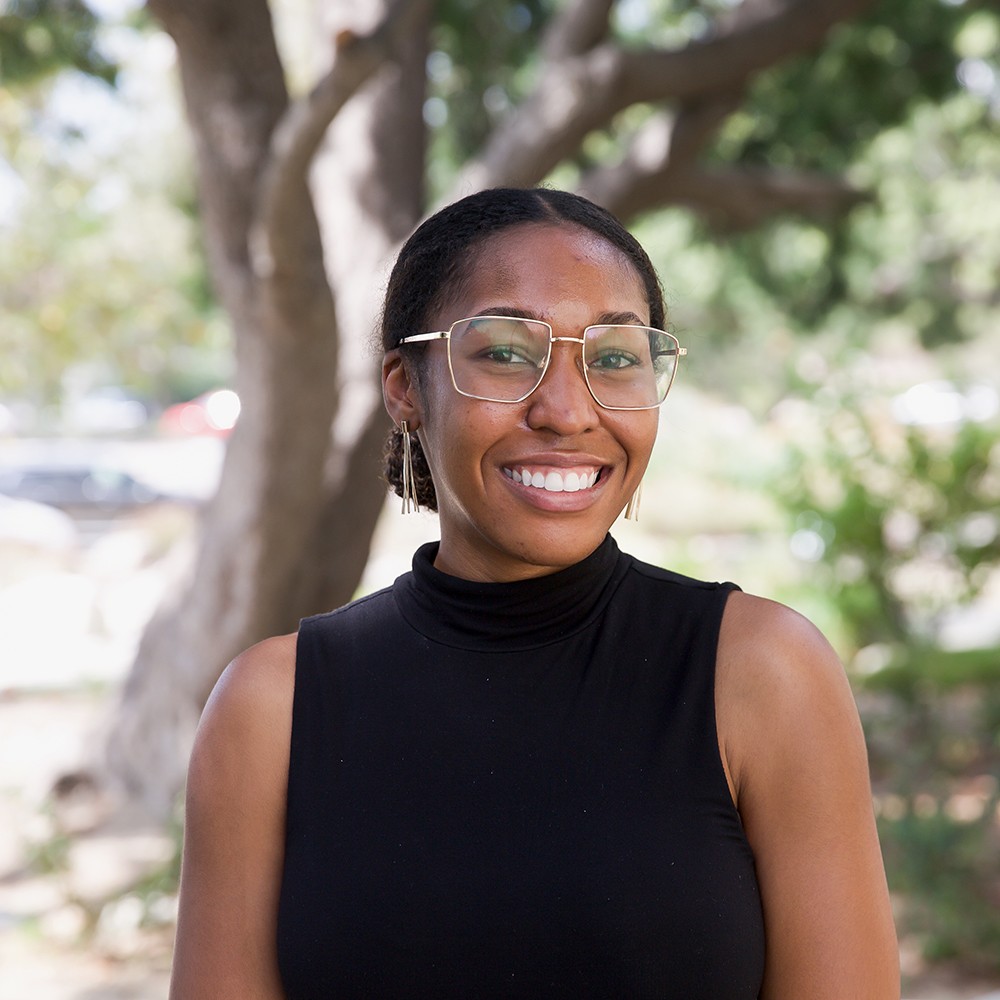
Sierra Williams, Assistant Professor of Chemistry
With Pitzer since 2021
Previously, Sierra Williams conducted graduate research at the University of California, Irvine (UCI). During her graduate work, she built imaging tools to study complex biological systems. Williams’ honors include the National Science Foundation Graduate Research Fellowship Program, UCI’s Graduate Award for Departmental Mentorship, and the American Chemical Society Scholars Program. Williams’ independent research involves exploring proteins as potential therapeutics to combat harmful bacteria. Projects in this area focus on skills in synthetic chemistry and molecular biology to uncover the mechanism of action and evolve therapeutics with new activity. In addition to research, Williams is passionate about mentoring students, specifically from underrepresented and first-generation backgrounds. She has mentored college and K-12 students from underrepresented backgrounds. Williams earned a BS in chemistry at Temple University and a PhD in chemistry at UCI.
Professor Urmi Engineer Willoughby’s research focuses on disease and ecology in North America, with a focus on the Mississippi Valley, Gulf South, and Caribbean region. She approaches histories of disease and medicine from a global and ecological perspective, and she draws connections between the southern United States, the colonial Atlantic, and South Asia. She has held fellowships at Colby College and the University of Pittsburgh’s World History Center, and she was the 2019–2020 Molina Fellow in the History of Medicine and Allied Sciences at the Huntington Library. Her first book, Yellow Fever, Race, and Ecology in Nineteenth-Century New Orleans, was awarded the 2017 Kemper and Leila Williams Prize in Louisiana History. Her current project, titled Cultivating Malaria, is an environmental and cultural history of malaria in early America. Willoughby earned a BA in history and studio art from Wake Forest University, and MA and PhD from University of California, Santa Cruz.